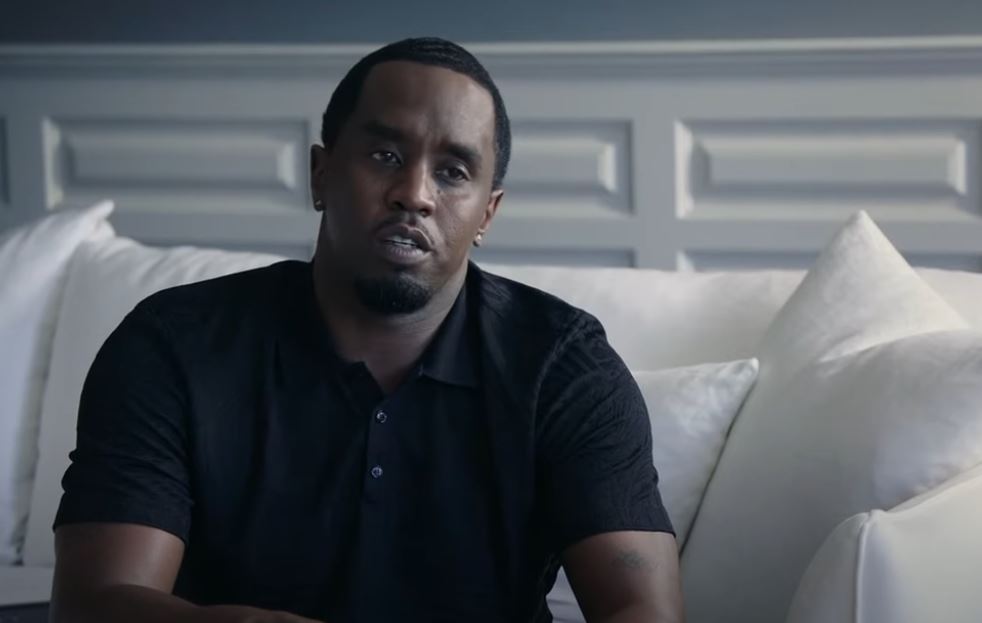
Sean Combs’ journey in 2025 reveals a remarkably different narrative, one that was influenced as much by courtroom drama as by platinum records, even for an artist who was once praised for rewriting the rules of fame and fortune. Although his $400 million net worth may seem enormous to most onlookers, it is actually a significantly smaller empire than the heights he has attained in the past ten years.
In addition to being a number-one performer, Combs had established himself as a trailblazing businessman by utilizing brand power with clever business alliances. His partnerships with Diageo, especially those with Cîroc and DeLeón, were extremely successful in making him a symbol of a high-end lifestyle in the entertainment and spirits industries. But a string of court cases, beginning with civil charges and culminating in a federal conviction on two felony charges pertaining to the transportation of people for prostitution, have severely damaged that reputation.
Sean Combs – Biography and Financial Summary (2025)
| Name | Sean John Combs |
|---|---|
| Also Known As | Puff Daddy, P. Diddy, Diddy, Love |
| Date of Birth | November 4, 1969 |
| Age | 55 |
| Birthplace | Harlem, New York City |
| Occupation | Rapper, Producer, Entrepreneur, Fashion Designer |
| Net Worth (2025) | $400 million (source: Business Insider) |
| Major Ventures | Bad Boy Records, Sean John, Cîroc Vodka, DeLeón Tequila |
| Legal Status | Convicted (2 counts), Incarcerated, Awaiting Sentencing |
| Children | 7 (including Christian “King” Combs) |
| Signature Assets | Miami homes ($80M+), L.A. mansion ($46M), Gulfstream 550 jet |
Businesses that once sought his endorsement have subtly withdrawn over the past 12 months. His songs were taken off of popular playlists on streaming services, and radio play essentially stopped. This sudden change is indicative of a significantly altered industry tone, where profitability is now directly impacted by public opinion.
Additionally, Combs’ clothing line, Sean John, which formerly occupied whole Macy’s floors, has lost popularity. Its value, which was already low before his legal issues started, has now fallen even lower. There was hope for a possible rebranding when he bought it back in 2021 for a relatively low $7.55 million. However, given the departure of retail partners and the harm done to the label’s reputation, any comeback now appears to be especially challenging.
These legal complications, according to his former partner Diageo, made it “impossible” for Combs to continue serving as the face of high-end spirits. Their choice to sever their relationship with Cîroc, who once brought in almost $1 billion, was more than just a business decision; it was a symbolic break with a person whose reputation had soured. Combs lost not just money but also his reputation, depriving him of a persona he had meticulously built over many years.
Combs still has a remarkably varied collection of assets in spite of the corporate exodus. His portfolio still includes his $46 million estate in Los Angeles and his Star Island homes in Miami, which are valued at over $80 million. Additionally, neither the transfer nor the seizure of the Gulfstream 550, stylized as “Loveair,” has occurred. Yet, as more than 50 civil cases move through the court system, these rulings might face pressure. Lawyers anticipate that a sizable amount of his liquid wealth may be depleted by future settlements.
Combs had strategically timed the sale of some of his holdings, including his shares in Sean John and Bad Boy Records, to protect some of his money from short-term risk. However, if plaintiffs can demonstrate that certain assets were used in connection with his convicted offenses, court-ordered restitution or unfavorable verdicts in civil suits may reopen financial vulnerabilities.
From the standpoint of the industry as a whole, the consequences go beyond one man. Record labels and brand agencies have increased their internal compliance checks in recent days, reevaluating their relationships with well-known artists. A growing intolerance for reputational risks is reflected in this change. Once sluggish to react to accusations against influential people, the music industry is now changing, in part due to public pressure and in part because of legal caution.
Combs’ catalog is still largely intact. Royalties are still generated by songs for which he has publishing rights, particularly for artists such as Faith Evans or 112. However, there are significant obstacles to commercial licensing for songs with his own vocals. Profitable sync deals—for films, advertisements, or significant campaigns—have become extremely uncommon, even though private listening is still practiced. Industry insiders liken this trajectory to that of R. Kelly, whose music is now culturally radioactive even though it is still accessible.
Combs’ story strikes a deep chord in the context of legal responsibility. It seems that the time when being famous shielded one from consequences is coming to an end. Although Combs avoided conviction on the most serious charges, such as sex trafficking and racketeering, legal experts have pointed out that his current incarceration and felony status represent a significant change in the way such cases are handled. This chapter reads remarkably differently for a man who was once praised for his tenacity and inventiveness.
His career path has taken a dramatic turn from producing hits, acting in movies, and operating profitable businesses. If mending is still possible, it will probably take years to repair the harm done to his reputation, both as a performer and as a brand. Combs once extended his influence throughout the world through strategic alliances, but as public opinion changed, those same connections turned against him.
Notably, the story is complicated by his personal history, which is characterized by early loss, drive, and unquestionable charisma. Combs, who was shaped by personal tragedy and was born in Harlem and raised in Mount Vernon, worked tirelessly to build his empire. At one point, that same energy seemed unstoppable. However, legal actions and cultural reflection have cast long shadows over that legacy by 2025.
